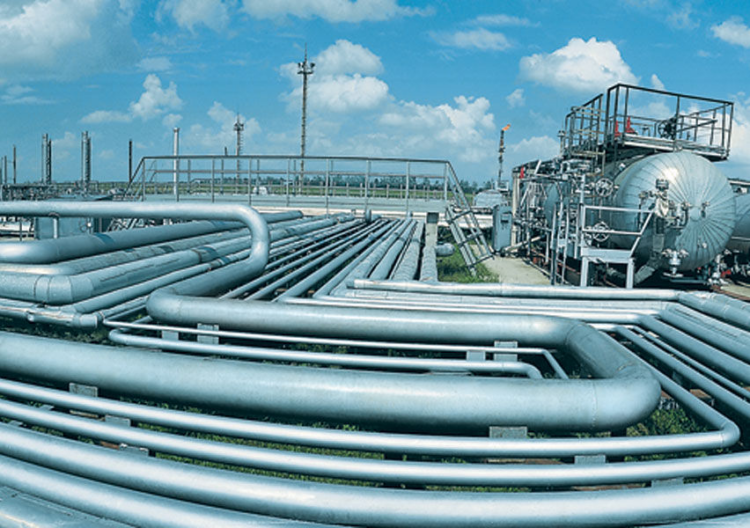
Since taking office in 2017, President João Lourenço has maintained a positive bearing on strengthening and enhancing Angola’s oil and gas sector and focusing on enriching its population
From exploration to production and export, the Angolan oil and natural gas industry is bustling with new initiatives. This past year alone, international oil companies and the Angolan government partnered to award numerous regional operators with service contracts worth billions of dollars in combined value.
The African Energy Chamber has been particularly pleased to see Angola driving its natural gas industry forward.
In August 2022, solidified plans to develop the Quiluma and Maboqueiro gas fields in the Lower Congo Basin offshore from Angola saw Italian multinational oilfield services company Saipem granted $900 million (R17 billion) between three engineering, procurement, and construction contracts for both onshore and offshore work associated with the project at three separate sites.
Movement on these endeavours is due in part to the establishment of the New Gas Consortium (NGC) and its relationship with Angola’s National Agency for Oil, Gas & Biofuels.
Investment in the NGC is multinational, with Italian hydrocarbon giant ENI at the helm and France’s TotalEnergies, British Petroleum, and Angola’s Cabinda Gulf Oil Company and Sonangol signed on as shareholders.
The NGC expects production at the Quiluma and Maboqueiro fields to begin in 2026 and to produce at an estimated rate of 4 billion cubic meters (bcm) of liquefied natural gas (LNG) a year.
The Right Approach
This success story, just one among many in Angola, wouldn’t be possible without the welcoming and investment-friendly environment that Angolan leadership has worked to cultivate in recent years.
Despite its status as sub-Saharan Africa’s second-largest oil producer, boasting an approximate output of 1.55 million barrels of oil per day (bpd), Angola rejects complacency and strives to grow those numbers by starting new wells while reevaluating its more mature facilities.
Angola sits atop 27 trillion cubic feet of natural gas — a largely untapped wealth of resources that represents a path toward vast employment opportunities, a route away from energy poverty, and a bridge to an eventual energy transition.
One of the key elements ensuring that this economic development evolves in both Angola’s and Africa’s favour is a competent administration to help guide it.
source:https://www.iol.co.za/
